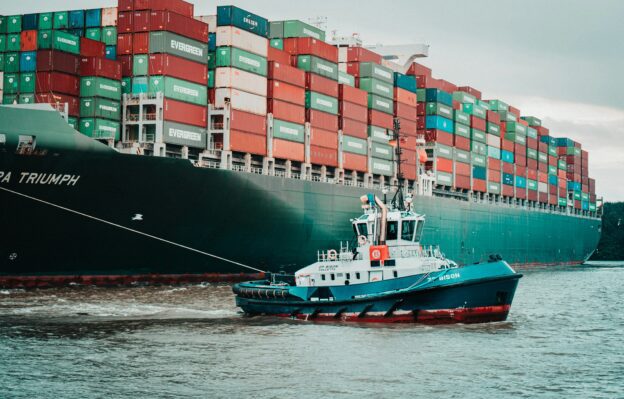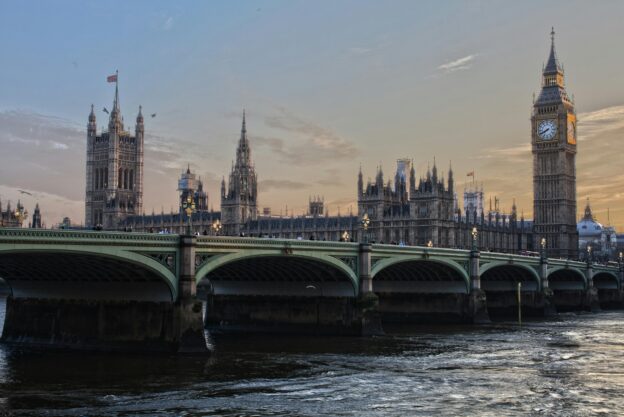GK Advisers Noureen Ahmed and Felix Griffin reflect on Natalie Elphicke’s defection to the Labour Party and what this could mean for the Labour Party ahead of the next general election.
Keir Starmer is keen to exploit divisions within the Conservative Party, but is that enough to convince voters that Labour is a government in waiting?
When MPs took to the Common’s chamber for Prime Minister’s Questions on 8 May, we witnessed Natalie Elphicke defect to the Labour Party – the third Conservative MP to do so during this parliament. As a right-wing MP and vocal critic of Labour’s policies, Elphicke’s defection came as a huge shock to many in Westminster. Elphicke has previously accused Labour of being soft on issues related to human rights and immigration. As a result, there have been concerns from several Labour MPs that Labour’s commitment to tackling those issues could be undermined by her admission to the Party. Starmer’s willingness to embrace a defector from the right of the Conservative Party suggests a strategy aimed at broadening Labour’s appeal to Conservative voters, even if it means alienating the party’s left flank and risking Labour’s reputation on key issues such as social justice. This approach has sparked awkward questions about how far Labour’s leadership is willing to go to win Tory votes.
Labour’s strategy may be effective in the short term, creating a perception of decay within the Tory government and encouraging Conservative voters to switch allegiance. However, the success of the Greens and some independent candidates in recent local elections indicates that anti-Tory sentiment does not necessarily translate into enthusiastic support for Labour. To be truly successful, Labour will need both an appealing policy platform to secure votes at the general election and firm support across parliament.
While further defections may seem unlikely, they should not be ruled out entirely. As Sunak continues to face criticism that he is leading an increasingly chaotic government, it is evident that Labour will do everything it can to secure the victory it has long yearned for.






